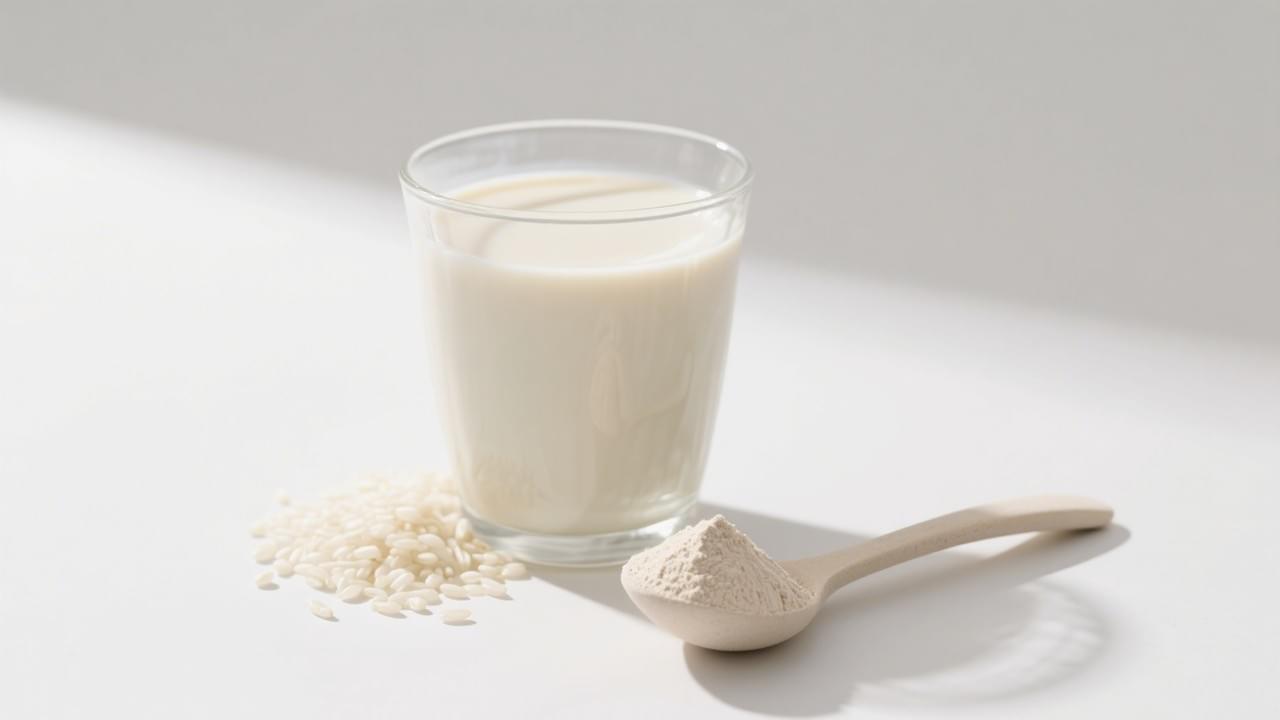Protein is essential for muscle growth, repair, and maintenance. While many people turn to animal-based protein sources, such as meat, fish, and dairy, there is a growing interest in plant-based protein sources, including rice protein. In this article, we’ll explore the benefits of rice protein, how to use it, and some tips for selecting a high-quality rice protein product.
Benefits of Rice Protein
- Muscle Growth and Recovery
Rice protein contains all of the essential amino acids that are necessary for muscle growth and recovery. Amino acids are the building blocks of protein, and without them, the body cannot repair and rebuild muscle tissue. Research has shown that rice protein is just as effective as whey protein in promoting muscle growth and recovery, making it a great option for athletes and fitness enthusiasts.
- Blood Pressure Management
High blood pressure is a major risk factor for heart disease and stroke. Fortunately, research has shown that rice protein can help to lower blood pressure. In one study, participants who consumed rice protein experienced a significant decrease in both systolic and diastolic blood pressure.
- Bone Health
Rice protein is also a good source of calcium, which is essential for strong bones. In fact, one serving of rice protein can provide up to 20% of your daily calcium needs. This makes rice protein a great option for individuals who are lactose intolerant or who choose not to consume dairy products.
- Improved Immune Function
Rice protein contains several nutrients that can help to boost immune function, including vitamins B2 and B3, as well as zinc. These nutrients are essential for the production of white blood cells, which are responsible for fighting off infections and diseases.
How to Use Rice Protein
- Choose a High-Quality Product
When selecting a rice protein product, it’s important to choose a high-quality product. Look for products that are free from artificial sweeteners, colors, and flavors, and that are certified organic or non-GMO. Additionally, choose a product that has a good texture, is easy to dissolve and digest, and that provides a complete amino acid profile.
- Use in Moderation
While rice protein is highly beneficial, it’s important to use it in moderation. Overconsumption can lead to digestive issues and other health problems. It’s recommended to consume 20-30 grams of rice protein per day to help the body absorb enough amino acids without negative side effects.
- Pair with Other Nutrients
Rice protein should be paired with other nutrients to help the body absorb and utilize the nutrients more effectively. Especially after workouts, carbohydrates should be paired with rice protein to aid in muscle glycogen recovery and promote muscle growth. Additionally, rice protein can be paired with other protein sources, such as whey or plant-based proteins, to improve protein absorption and utilization.
Rice protein is a highly beneficial protein source that can help to increase muscle mass and strength, accelerate muscle recovery time, lower blood pressure, improve bone density, and improve immune function, among other benefits. However, when using rice protein, it’s important to choose a high-quality product, use it in moderation, and pair it with other nutrients for optimal results.




